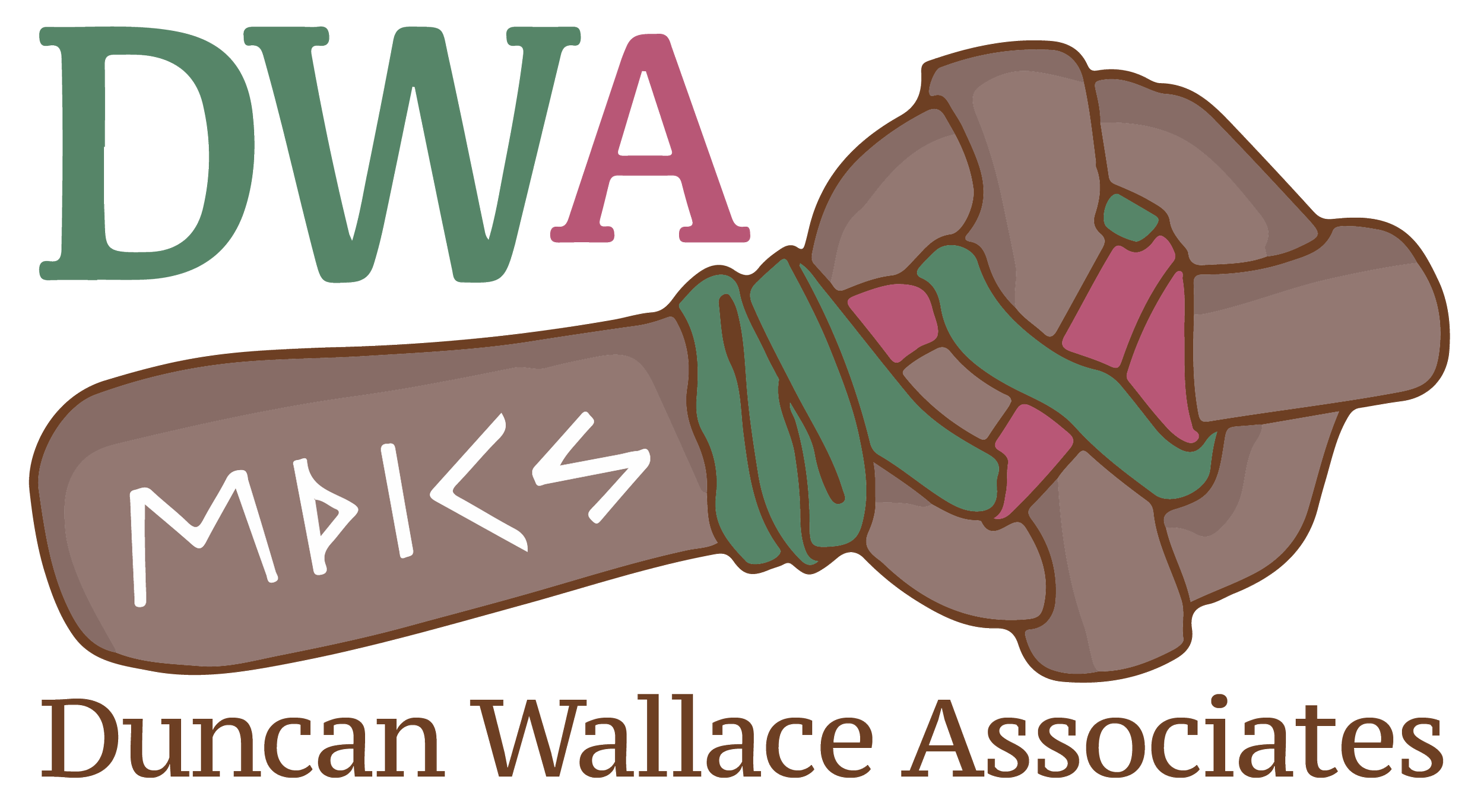Leading Through Change - an overview
In this blog, I set out some of the core aspects that we know about Leading Through Change. With the changes we are experiences in the economy, post pandemic, ranging from cost of living rise, economic downturn and the energy crisis its quite a time. With the changing desires around work-life balance and hybrid working, employers and employees need to be working together through change.
We know a lot about change
During this time of unprecedented change, here are some knowledge bases about how humans respond to change. This is about the Kubler-Ross model of the the seven stages of change.
We all go through so many changes in our lives from cradle to grave that we actually know this theory to be a fairly true rule of thumb. If you think of the first phases of any major change, particularly ones which we haven’t chosen, such as a bereavement, or the loss of a job, then you may recognise this curve – it’s very useful for leaders and managers to notice what stages of change their employees or followers are going through, and be careful and clear about their support at the different stages.
The main stages of Change - based on Kubler-Ross’s work.
So how do we go through stages of Change.
The first phase is often a high energy phase, characterised by folk getting stuck in, seeming to respond to the crisis with energy and clarity. You probably have seen this in the first few days after news of a family bereavement where close family members do a lot of talking and working on practicalities such as funeral arrangements, communications, immediate planning, together snippets of deep insightful conversations about their loved ones. It’s the same in organisational life. Say there is a snow storm or a major computer crash that cancels normal business for a while, initially you will probably see employees knuckling down into the change, leaning into it and organising and talking.
Where leadership through change begins to count.
The second phase is characterised by beginning the longer process of adjustment to the fact that the change has happened. Only this is where energy dips and drains as the hard work begins. Employees are discovering that the detail of the new situation is more complex than they first thought and requires losses. Perhaps these are losses to relationships or the way things are done around here… This hard stage is where folk get frustrated, either with themselves, with others, with the organisation or with technology. This is where people are getting to grips with the realisation that they don’t have the same power, authority or tools in their toolbox as they did before. It’s a bit of a depressing phase.
Where leadership needs to take account of Change
However, then it bottoms out. Employees let go of their old assumptions, accept the new reality and can begin to move on. The upward and onward stage is often swift, as employees test out ideas for how to do things differently and once again find themselves bringing their human creativity to the situation and starting to make the situation their own, working out their own way of doing things. The last phase is when you begin not to even notice or talk about the change any more. In fact most people don’t notice this last phase, because they have already moved on in their mind.
It’s worth noting that this model puts all of the above in very linear terms. Of course, the reality can be more layered and nuanced, but it’s still incredibly valuable for helping you identify and manage the stages of change.
Throughout it all, one key rule of thumb for managers and leaders is that you will tend to be 3-6 months ahead of your workforce in many changes. That’s partly because your role is to plan ahead and partly because you simply have more information about the external environment and have started to adjust yourself.
If you want to know the practical steps supervisors should take at each stage, then click below to either request information about the various courses I run, or to request a short conversation about coaching or other consultancy you might want.

